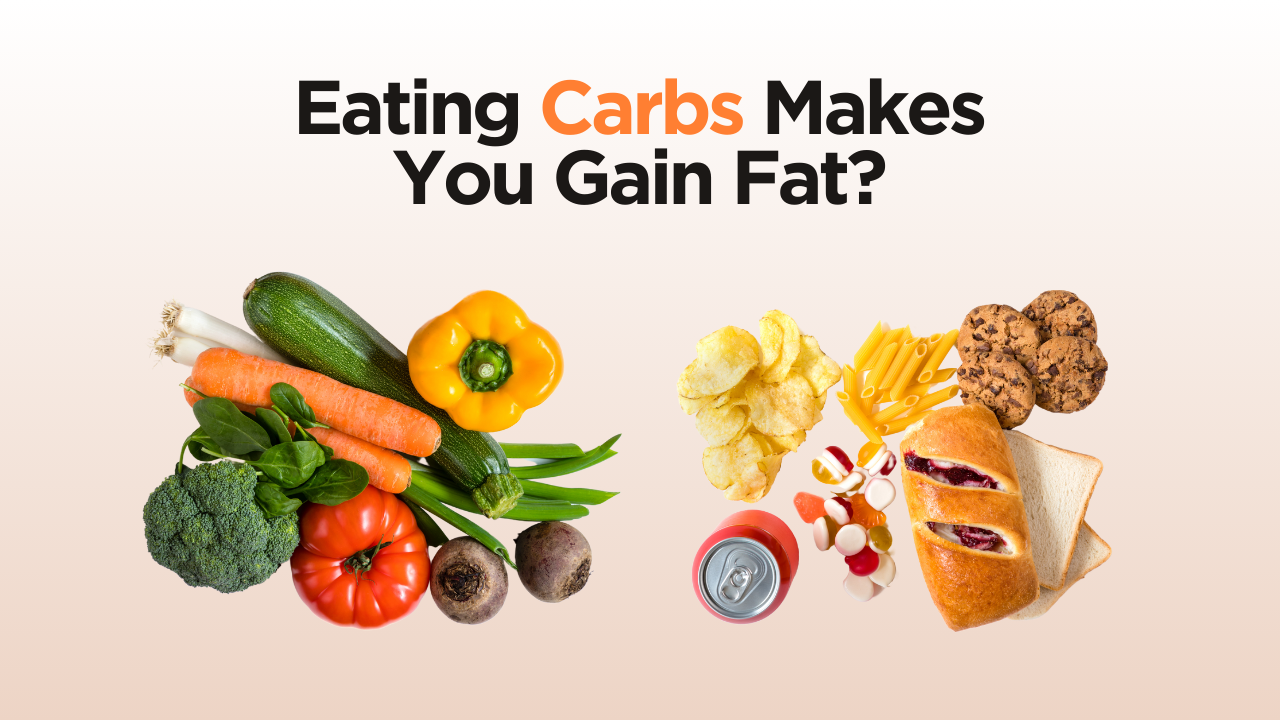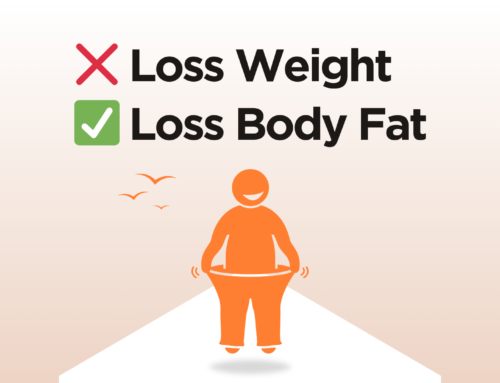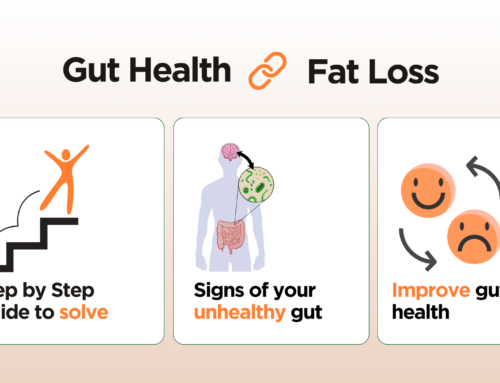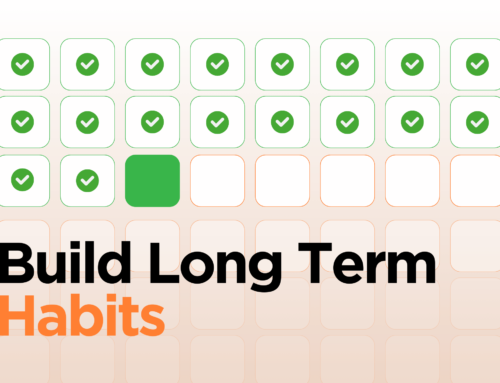5 Myths About Carbs and Fat Loss
Are you tired of feeling guilty every time you eat bread or rice? Confused about what carbs really do to your body? You’re not alone. Carbs have been unfairly blamed for weight gain and labeled as the enemy in many diets. But the truth is far from these misconceptions. Let’s clear the air and help you make informed choices about your nutrition
In this blog, we’ll debunk five common myths about carbs and fat loss so you can enjoy your favorite foods guilt-free and achieve your health goals
Myth 1: Eating Carbs Makes You Gain Fat
The Myth:
Carbs inherently cause weight gain
The Truth:
Weight gain happens when you consume more calories than your body needs—regardless of whether those calories come from carbs, protein, or fat. Carbs are your body’s primary energy source, fueling your brain, muscles, and daily activities
Actionable Tip:
Focus on portion control and prioritize whole, unprocessed carbs like fruits, vegetables, and whole grains. Limit high-calorie, processed carb-heavy foods such as pastries and sugary snacks
Myth 2: Cutting Carbs Is the Best Way to Lose Fat
The Myth:
Eliminating carbs entirely is the fastest and most effective way to lose fat
The Truth:
While cutting carbs may lead to quick initial weight loss (mostly water weight), sustainable fat loss comes from maintaining a caloric deficit. Overly restrictive diets can lead to fatigue, cravings, and even muscle loss
Actionable Tip:
Instead of eliminating carbs, reduce processed food intake and balance carbs with protein and healthy fats. Find a balanced diet that you can sustain long-term
Myth 3: Eating Carbs at Night Causes Weight Gain
The Myth:
Your body stores carbs as fat when you eat them in the evening
The Truth:
Weight gain is determined by your overall calorie intake throughout the day, not the timing of your meals. Eating carbs at night can even boost serotonin production, helping you sleep better
Actionable Tip:
If your daily caloric intake aligns with your goals, eating carbs at night won’t hinder your fat-loss journey. Focus on your total calorie balance
Myth 4: Low-Carb Diets Are the Only Path to Fat Loss
The Myth:
Low-carb diets are the best or only way to lose fat
The Truth:
While low-carb diets like keto can work for some, they’re not a one-size-fits-all solution. Fat loss is about finding a sustainable approach that fits your lifestyle. Overly restrictive diets often fail in the long run due to lack of adherence
Actionable Tip:
Choose a diet that works for you—whether it’s low-carb, moderate-carb, or high-carb. The key is maintaining a caloric deficit while meeting your nutritional needs
Myth 5: Carbs Are Unnecessary for Fat Loss
The Myth:
Carbs are expendable and should be avoided during fat loss
The Truth:
Carbs are essential for your body’s overall function. Eliminating carbs entirely can lead to fatigue, brain fog, and poor workout performance. Nutrient-dense carb-rich foods like fruits, vegetables, and whole grains also provide essential vitamins and minerals
Actionable Tip:
Instead of fearing carbs, include nutrient-dense options like sweet potatoes, quinoa, and berries in your diet. Balance is the key
Key Takeaways
- Carbs are not the enemy; balance and portion control matter more than elimination
- Cutting carbs doesn’t guarantee fat loss; sustainability and overall caloric intake are what count
- Eating carbs at night won’t necessarily lead to weight gain
- Low-carb diets are not the only path to fat loss; find what works for you
- Your body needs carbs for energy, mental clarity, and overall health
Conclusion
Carbs are not the villain they’re often made out to be. The key to fat loss isn’t cutting carbs but understanding how they fit into your overall diet. By debunking these myths, you can approach your fat-loss journey with confidence and balance—without sacrificing the foods you love
Ready to Take Control?
Start enjoying carbs guilt-free with our expert-approved meal plan! Download it today and discover how Flabby Fit can help you reach your goals while embracing balance and sustainability





